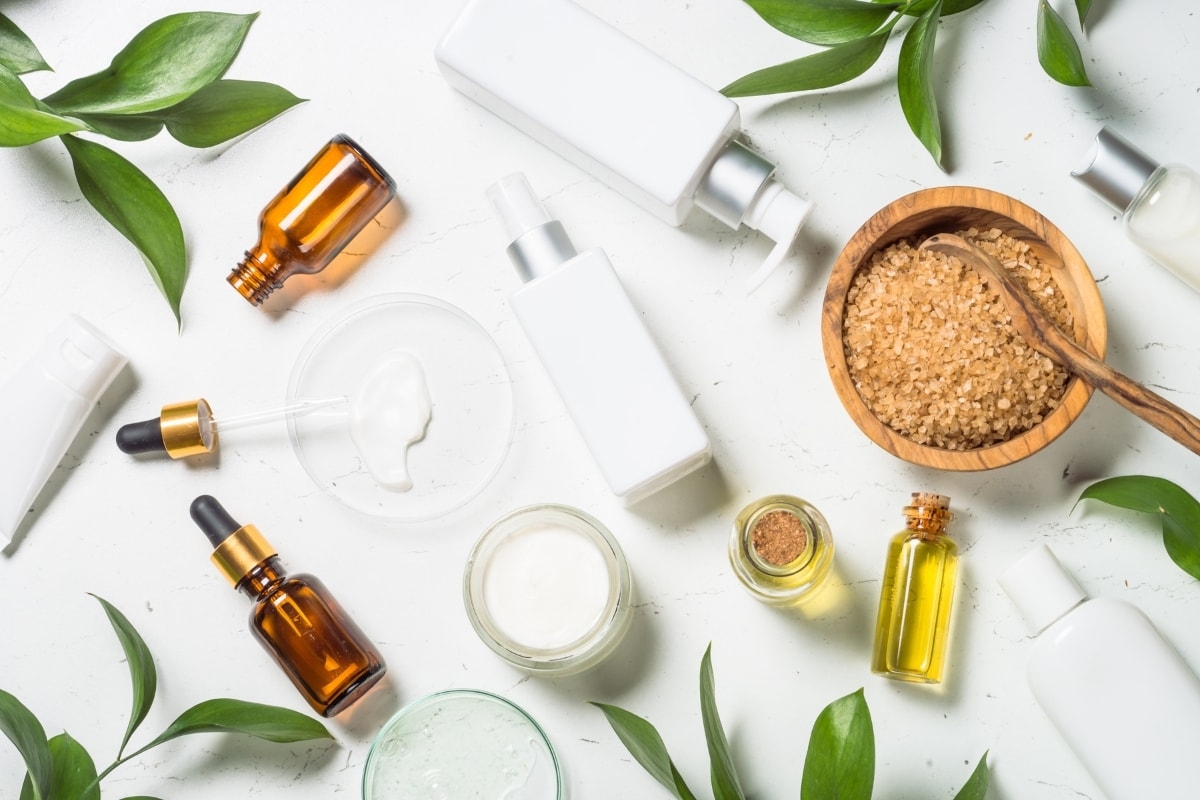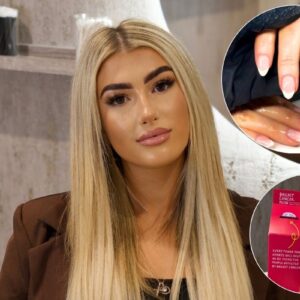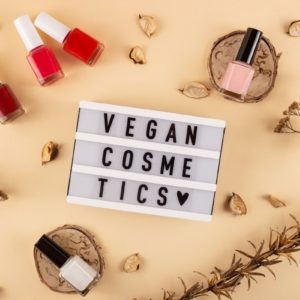
Decoded: Conscious beauty terms you need to note
By Rebecca Hitchon | 16 January 2024 | Feature, Sustainability & the Environment

Navigating the world of conscious and sustainable beauty can be tricky, with a wealth of terms used to describe products.
For beauty pros sourcing products for their business, it can be a confusing process to decipher what these terms mean and whether they are used in a genuine way, or for the purpose of greenwashing (more on that later).
That’s why we’ve put together a handy glossary of conscious beauty terms to provide you with the understanding needed to source environmentally friendly products with confidence…
Sustainable
Sustainable beauty products commonly refer to those that do not impact the environment and society before, during or after their use. They utilise the resources that we have on this earth without causing harm. No beauty product is completely sustainable, and sustainability is a long-term goal and process.
Green
‘Green’ is an umbrella term for many sustainable aspects within the beauty industry, however it is commonly used to describe anything that is not harmful to the environment. This term is often subject to greenwashing (see below) so do your research to check that brands can back up their claims.
Ethical
‘Ethical’ can be a vague and subjective term as it can mean something different to everyone, but it commonly describes products that are cruelty-free and whose production has not involved poor conditions for workers, as well as child and slave labour.
Greenwashing
Greenwashing is a marketing tactic employed by brands to deceive consumers into thinking that products are more environmentally friendly than they are, often through giving misleading information. With terms like those in this glossary not regulated in the beauty industry, greenwashing is very common. Trust your instincts with this one – if something doesn’t seem right, it probably isn’t.
Natural
Products that do not contain artificial ingredients, preservatives or chemicals – instead made up of ingredients found in nature, can be seen as natural. It is rare that a product will be 100% natural; often natural ingredients need artificial additives to keep them stable. Watch out that the term is not used to greenwash you, as sometimes only a small percentage of a ‘natural’ formula can actually be described as natural.
Organic
Organic beauty products are comprised of ingredients that are grown without the use of synthetic chemical pesticides, fertilisers or genetically modified organisms (GMOs). Like ‘natural’, watch out for how the term is used, because a formula that is supposedly made with organic ingredients can include as little as 10% or less organic components.
Clean
Generally, ‘clean’ is used to describe products that do not contain controversial or harmful ingredients – instead using ones that have been deemed safe for human health and the environment.
Vegan
Vegan beauty products do not contain ingredients sourced from animals or animal by-products. Find out more about vegan beauty in our feature here.
Cruelty-free
‘Cruelty-free’ is used to describe products that have not harmed animals during their manufacturing process and can refer to when a product has not been tested on animals. While ‘vegan’ and ‘cruelty-free’ are two terms often connected with one another, a product can be cruelty-free and not vegan, and vice versa.
Zero-waste
Zero-waste refers to anything that conserves resources and minimises pollution, often with the aim of sending no waste to landfill. This involves reducing what is used and reusing as much as possible. Refillable beauty products are a good example of this.
Recyclable & post-consumer recycled
A product that is recyclable can be processed and used again. A subgroup of ‘recycled’ is ‘post-consumer recycled’, which utilises material that consumers recycle every day through local recycling programmes for new products.
Biodegradable
A biodegradable product is capable of easily being broken down and decomposed by natural processes i.e. bacteria and other living organisms, returning to nature and avoiding pollution within a short time frame.
Compostable
Like biodegradable products, compostable products can disintegrate into natural elements and return to the earth, but they also provide the earth with nutrients once they have completely broken down.

Read the latest issue









